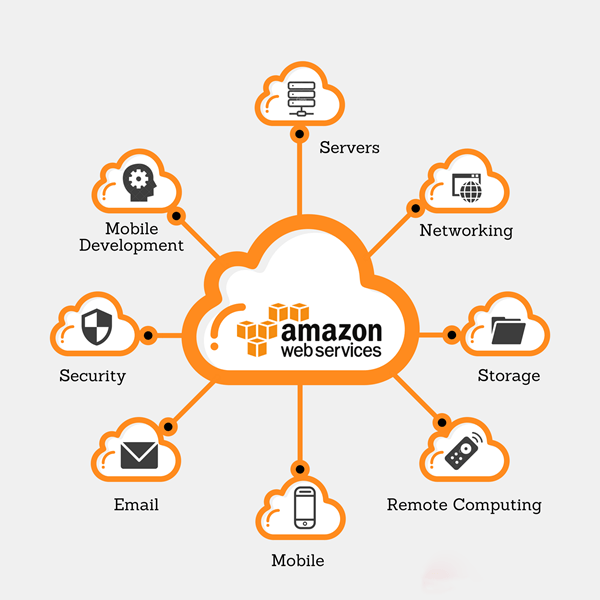Cloud Computing in Aviation
Cloud computing has revolutionized many industries, including aviation. The aviation industry is increasingly adopting cloud computing to improve efficiency, reduce costs, and enhance the passenger experience. In this response, I will discuss the usage of cloud computing in aviation, along with relevant references to support my points.
Improved Operational Efficiency
Cloud computing is being used by aviation companies to enhance operational efficiency. For example, airlines can use cloud computing to store data about aircraft, crew, and passenger schedules, which can be accessed in real-time by all relevant personnel. This allows for better coordination and reduces the likelihood of scheduling conflicts. Additionally, airlines can use cloud-based software to manage maintenance and repair schedules, which can help reduce downtime and increase the availability of aircraft. [1]
Enhanced Passenger Experience
Cloud computing can be used to improve the passenger experience by providing passengers with access to cloud-based entertainment and other services. Airlines can offer passengers access to cloud-based music, movies, and TV shows through in-flight entertainment systems. Additionally, airlines can use cloud-based software to provide passengers with real-time information about flight status, delays, and gate changes. [2]
Cost Reduction
Cloud computing can help reduce costs for aviation companies by reducing the need for expensive hardware and software infrastructure. By using cloud-based services, airlines can access powerful computing resources without having to invest in their own infrastructure. Additionally, cloud computing can help reduce IT costs by simplifying software deployment and reducing maintenance requirements. [3]
Improved Safety
Cloud computing can also be used to enhance safety in the aviation industry. For example, airlines can use cloud-based systems to store and analyze data from aircraft sensors, which can be used to identify potential safety hazards before they become critical. Additionally, cloud-based systems can be used to provide pilots with real-time weather information, which can help them avoid turbulence and other weather-related hazards. [4]

Cloud Computing Companies
There are many cloud computing companies that offer a variety of services and solutions to businesses and individuals. Some of the most popular cloud companies are:
- Amazon Web Services (AWS): AWS is one of the most popular cloud computing platforms, offering a wide range of services such as computing, storage, databases, and networking.
- Microsoft Azure: Microsoft Azure is a cloud computing platform that provides businesses with a range of services such as computing, storage, databases, analytics, and networking.
- Google Cloud Platform: Google Cloud Platform is a suite of cloud computing services that offer computing, storage, networking, and data analytics solutions.
- IBM Cloud: IBM Cloud is a cloud computing platform that provides businesses with a range of services such as computing, storage, and networking, as well as artificial intelligence and blockchain solutions.
- Oracle Cloud: Oracle Cloud is a cloud computing platform that provides businesses with a range of services such as computing, storage, databases, and analytics, as well as artificial intelligence and blockchain solutions.
- Salesforce: Salesforce is a cloud-based customer relationship management (CRM) software that helps businesses manage customer interactions and data.
- Dropbox: Dropbox is a cloud-based file hosting service that allows users to store and share files online.
- Adobe Creative Cloud: Adobe Creative Cloud is a suite of creative software applications that are accessed through the cloud.
Conclusion
These are just a few of the many popular cloud computing companies that are available today. Each company has its strengths and unique offerings, and businesses and individuals should carefully evaluate their needs to determine which cloud provider is best for them.
In conclusion, the aviation industry is increasingly adopting cloud computing to improve efficiency, reduce costs, enhance the passenger experience, and improve safety. By leveraging the benefits of cloud computing, aviation companies can gain a competitive advantage and provide a better overall experience for their passengers.
References:
[1] https://www.faa.gov/news/safety_briefing/2017/media/SE_Topic_17-05.pdf
[2] https://www.informationweek.com/cloud/cloud-computing-in-airline-industry-improving-passenger-experience/d/d-id/1323555?
[3] https://www.ibm.com/blogs/cloud-computing/2017/09/07/cloud-computing-transforming-airline-industry/
[4] https://www.icao.int/Meetings/AMC/ExpertGroups/ITSP/ETW-2018/ETW2018_WP06.pdf


